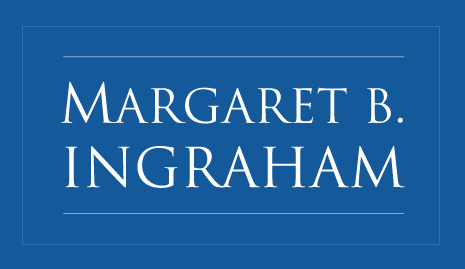The words are odd for Faulkner, I have always thought—
economic yet sufficient on their own, without the wandering
prose of Absalom, to describe the disengagement of students:
“with bovine interest.” After these last days overlooking the
steep pasture lands and watching their movements, I question
his image at least with regard to the cattle. Because of how
they turn away from the sun, narrow their shadows in unison;
and then always come, as I approach, near the same corner of
the fence at the rim of the grassy plateau, as though to recover
year after year some familiar odor, truer than pheromone,
hidden deep within the layers of scent. This morning as they
moved to me, marvel settled in again and then the wondering—
if in their sensing they recalled the tilt of our heads, the lilt
of our voices as we spoke of them; if they remembered where
the shadows fell; if the sparrows crossed the path before us
that day; or if a sluicing wind made such a passing far too hard.
Or if that knot of them, kneeling in the cold pasture lined by old
cedars in the angling light, had seen what was between us then,
huddled behind clouds of breath too fine for the evening stillness
to distill. Now there seems nothing left, except to ask how you
became as Faulkner’s students, though such point of view belies
your passion for the region’s history. From your desk’s vantage,
so distant now from scent and field, can you find a way to
contemplate what history has to say about whose recollections
can claim the past’s closest hold?
— first appeared in South Carolina Review
